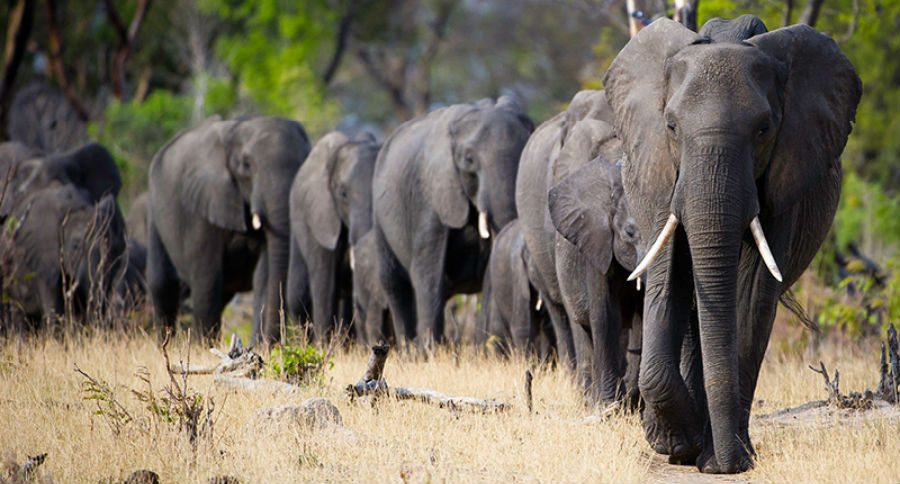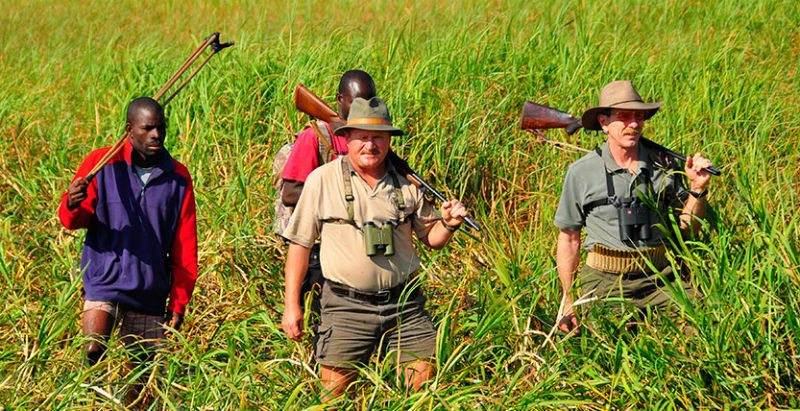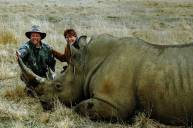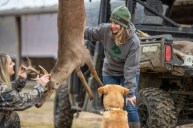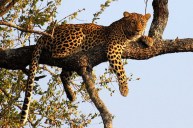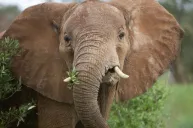Zimbabwe is on the rebound with a 20% increase over last year in hunting bookings. Could President Trump have anything to do with it?
Safari Operators Association of Zimbabwe president Emmanuel Fundira says that hunting package bookings are up 20 percent over last year. That's good news for the the country's hunting industry, local African communities, wildlife conservation and anti-poaching programs.
"2017 bookings show an increase of 20 percent over last year mainly because of recorded successes in conservation methods," Fundira said.
The increase is a most welcome occurrence for the nation after the slump in bookings experienced in recent years due to several factors, including the negative publicity generated by the anti-hunting crowd following the killing of a lion dubbed "Cecil," the USFWS ban on importing trophies from countries like Zimbabwe, and heavy interference from the United States in African wildlife management policies.
Fundira said that last year, the revenue generated by hunting packages reached around $70 million.
"Revenue targets are expected to increase by 30 percent," he added. "Good rains are a positive and improved pastures an added advantage and direct hunting projections should be close to US$30-million and when we factor in the entire industry and value chain projections, they even get better with targets close to US$80-million."
At least one report coming out of Zimbabwe credits the Trump administration's reversal of the Obama policy of interference in Africa with the turn-around.
The story states that,
Trump... came into power with a proposal to slash the State Department and US Agency for International Development (USAID) budgets by close to 30 percent, while eliminating several executive agencies, including the US African Development Foundation, which funds grassroots development projects in 30 African countries.
However, states that are determined to develop their own economies without interference have found breathing space. Past administrations have hounded Africa, disturbing and suffocating nations like Zimbabwe.
For instance, the past Barack Obama administration and its European allies have proposed to have the country's elephant and lion populations moved from Appendix 2 to Appendix 1, which provides for stricter measures in commercial trade in the species. And the country's leadership has voiced its concern with Vice-President Emmerson Mnangagwa on record stating that such moves are equivalent to interference with the country's sovereign right on using its wildlife resources, which the nation has successfully managed since attaining independence.
"Zimbabwe is worried by the tendency of developed countries to treat our elephants as the global commons," said VP Mnangagwa during CITES COP17.
"Zimbabwe's wildlife is part of our national, natural heritage and we know how to manage and use it for sustainable national and community development," he said.
Fundira also stated that Zimbabwe has renewed its efforts to convince the United States to lift its current ban on the importation of big game trophies (lion and elephant primarily) from the country.
"Tremendous progress has been made in this regard," he said, "and the change of administration in the US has by default improved dialogue and engagement with USFWS as the new regime is pro-utilization."
Zimbabwe is the third largest exporter of lion trophies to the US, after South Africa and Tanzania. But the United States under the Obama administration stopped the import of such trophies in its 2015 ban.
Many Africans viewed the ban as an attempt to "cripple the local hunting industry," which ironically has also crippled the country's wildlife conservation programs that are employed to maintain and foster healthy environments and populations of wildlife, and curb poaching.
The Parks and Wildlife Management Authority of Zimbabwe also indicates that it gets the bulk of its operational funding from revenues generated by sport hunting.
Conservationist and hunting operator Langton Masunda agreed that more hunters were expected this year. "It's still early, but signs of a better season are there for all to see," he said.
Like what you see here? You can read more great articles by David Smith at his facebook page, Stumpjack Outdoors.
NEXT: South African Professional Hunter Crushed to Death by Elephant
https://rumble.com/embed/u7gve.v3tp3v/
